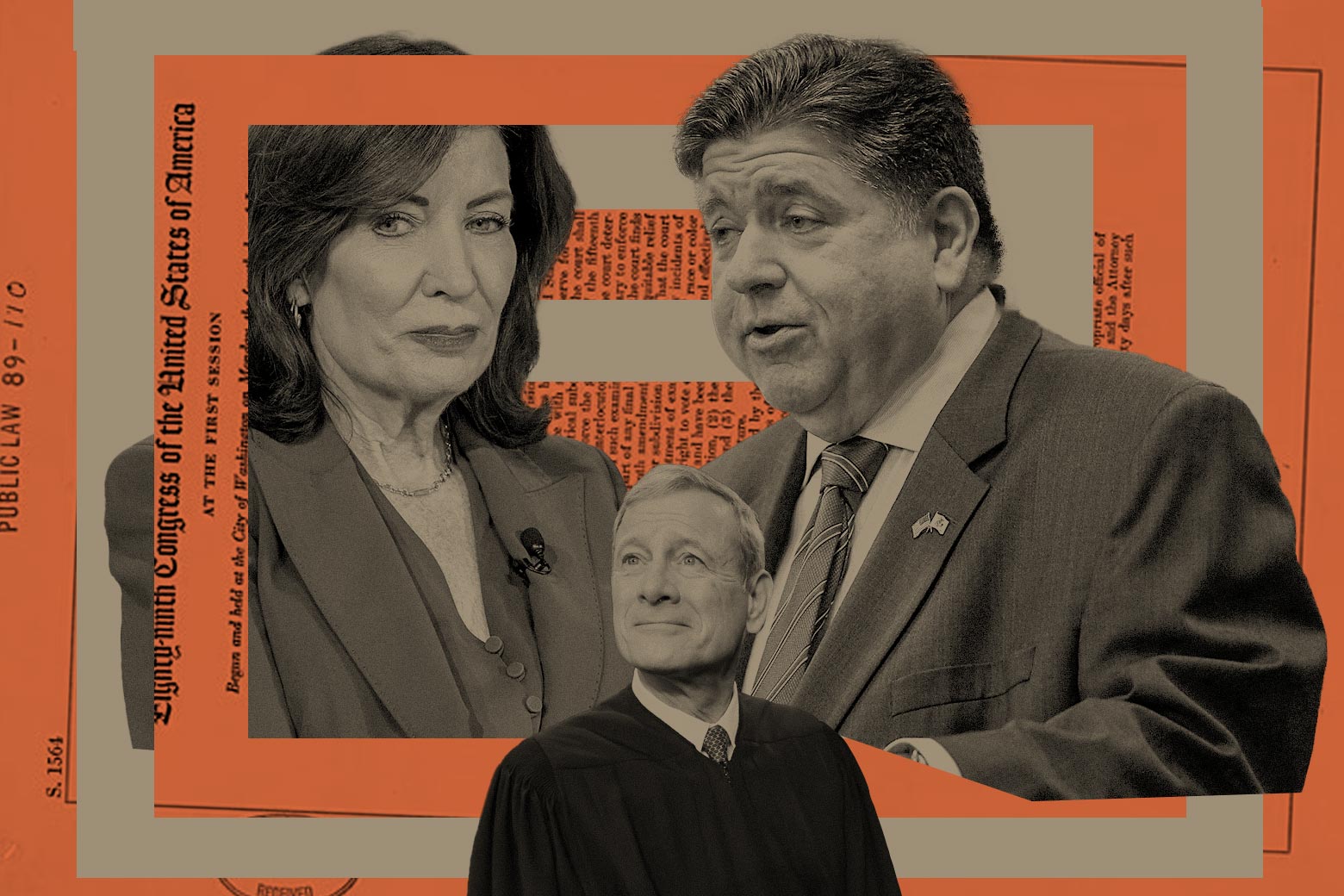Searches and sign-ups for VPN providers have surged in the wake of online age checks that were introduced on July 25 as part of the UK’s Online Safety Act.
ProtonVPN reported a more than 1,400 percent increase in sign-ups in the UK after age verification requirements took effect.
“Unlike previous surges, this one is sustained, and is significantly higher than when France lost access to adult content,” it said. In June, a French law took effect requiring adult websites to verify users.
VPN services are also now featuring heavily in Apple’s App Store charts in Britain.
Late last week, UK media regulator Ofcom said: “Tech firms must introduce age checks to prevent children from accessing porn, self-harm, suicide, and eating disorder content.”
Complying with the Online Safety Act means that sites must prevent UK users under the age of 18 from accessing “harmful content.” The regulator said: “Bluesky, Discord, Grindr, Reddit, and X [are] among latest firms to commit to age-gating, while Ofcom lines up targets for enforcement.”
Failure to comply could result in a fine of up to £18 million or 10 percent of the offending company’s worldwide revenue. The Act also allows criminal action to be taken against senior managers who fail to ensure that companies follow information requests from Ofcom.
But how can a site ensure a user is over 18? There are many options, like uploading a selfie, for example, or a copy of government-approved ID. However, all could be regarded as an invasion of privacy, and offering up personal information carries its own risks – ask the dating safety service Tea, which suffered a cyber incident last week, in which a data storage system leaked thousands of selfies and photo IDs used during account verification.
As Reg readers know, VPNs are a popular tool for users concerned about privacy or simply keen to use a geo-restricted service. In January, Pornhub withdrew from Florida following the implementation of an age verification mandate. The act coincided with a more than 1,000 percent surge in Floridians seeking to use a VPN to appear as if they were visiting from out of state.
The increase in VPN usage suggests that many UK users are seeking ways to circumvent the Online Safety Act. The Register asked Ofcom if there were plans to regulate the use of VPNs in the UK, but the watchdog has yet to respond.
Doing so would, however, risk the creation of a UK version of the “Great Firewall of China.” Perhaps the “Irritating Traffic Cones of Blighty”?
An Ofcom spokesperson told The Register: “Until now, kids could easily stumble across porn and other online content that’s harmful to them without even looking for it. Age checks will help prevent that. We’re now assessing compliance to make sure platforms have them in place, and companies that fall short should expect to face enforcement action.
“But age checks are not a silver bullet, and some determined teenagers may get around them. Ultimately, this needs to work alongside education, awareness campaigns, and through supportive conversations with trusted adults.”
The spokesperson added that platforms must not host, share, or permit content that encourages the use of VPNs or any other means that could be used to circumvent age checks.
And for the “think of the children” brigade, Ofcom told us that parents could also use techniques such as router-level parental controls to block VPN installation or usage, or set up app store alerts to spot when children are downloading VPNs. ®
Source link
